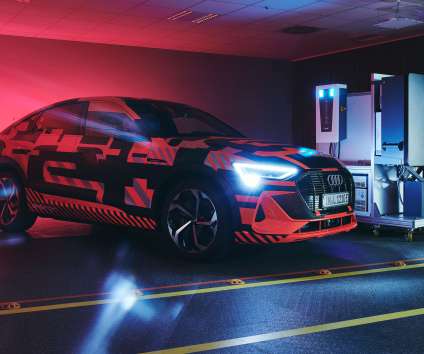Proposed California Bill SB-233 Mandates Bidirectional Charging for EVs to Advance Grid and Climate Protection
Driivz
MAY 15, 2023
is evaluating legislation to mandate bidirectional V2G charging capabilities for all EVs and EV charging equipment sold in the state after January 1, 2027. Some are already available via partnerships between automakers, home EV charging manufacturers, and other participants. Most cars sit in parking lots during the day.













Let's personalize your content